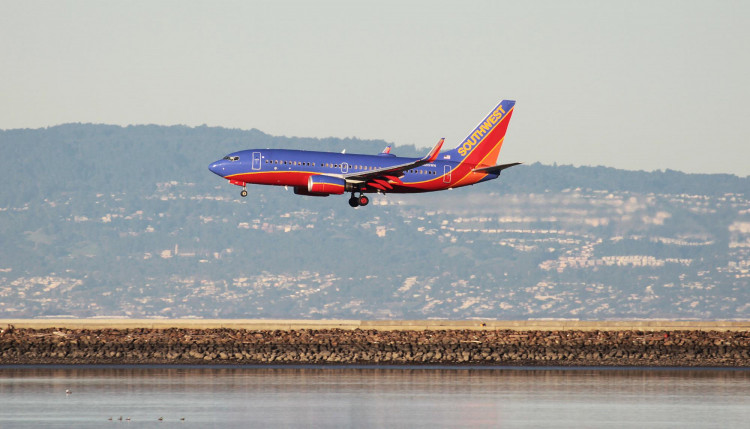Southwest Airlines announced significant operational adjustments, including ending service to four airports due to ongoing delays in aircraft deliveries from Boeing. The affected airports are Bellingham International in Washington, Cozumel International in Mexico, Syracuse Hancock International in New York, and Houston's George Bush Intercontinental Airport, though services at Houston's smaller Hobby Airport will continue.
These changes come as Southwest revealed a $218 million loss for the first quarter, despite recording $6.3 billion in revenue, an 11% increase from the previous year. "The recent news from Boeing regarding further aircraft delivery delays presents significant challenges for both 2024 and 2025," said Southwest CEO Bob Jordan. This scenario underscores the operational and financial impacts of the ongoing issues with Boeing, prompting swift adjustments within the airline.
The disruptions are linked to a broader problem at Boeing, highlighted by an incident in January when a door plug on a Boeing 737 Max 9 jet operated by Alaska Airlines blew off, leading to a temporary grounding of the model and delays in the certification of the 737 Max 7 and 737 Max 10 models. Although Southwest does not use the Max 9, the airline has had to revise its aircraft orders and expects fewer deliveries, which has significantly altered its operational capabilities.
Originally anticipating 46 new aircraft this year, Southwest now expects only 20 new Boeing 737 Max 8 jets. Consequently, the airline has implemented a hiring freeze and requested that employees take voluntary time off. This scaling back means Southwest is projected to end the year with 2,000 fewer employees.
Similarly, American Airlines also faced setbacks, reporting a first-quarter loss of $226 million. Increasing labor costs and diminished aircraft efficiency have compounded the challenges for American, although CEO Robert Isom remains optimistic due to the airline's diversified fleet and recent fleet modernizations. Unlike Southwest, which relies solely on Boeing aircraft, American's fleet includes planes from both Boeing and its rival Airbus, which provides some cushion against Boeing-specific delays.
Financial markets reacted to these developments, with Southwest shares dropping 7% while American's stock rose nearly 4%. Both airlines are preparing for more challenges ahead as they navigate aircraft delivery delays and broader economic pressures.
As airlines around the world continue to recover from the pandemic's impacts, these new challenges from Boeing's production issues have broader implications for the aviation industry. Airlines are forced to adapt to these constraints, balancing the need to expand and modernize their fleets with the realities of manufacturing delays and economic uncertainty.






